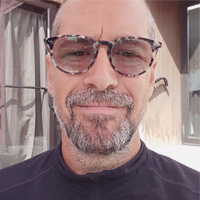Liste der besten Online-Casinos für schweizer Spieler
 #1
#1
|
100% bis zu 550 CHF erhalten + 200fs + 1 bonus crab
Greenluck/ Bezahlmethoden
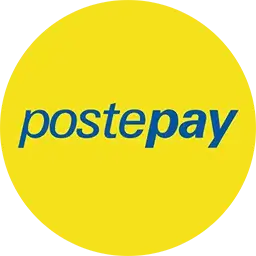

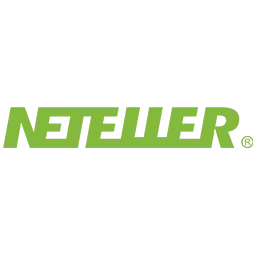


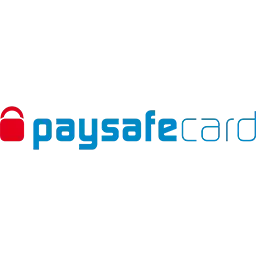


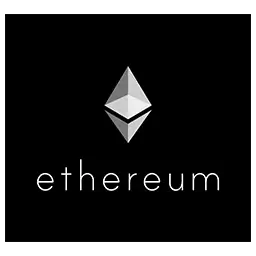
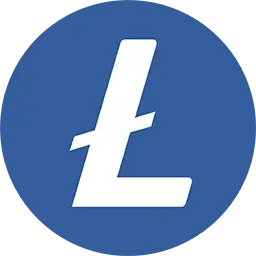


|
|
|
|
 #2
#2
|
100% bis zu 550 CHF erhalten + 200fs + 1 bonus crab
BassBet/ Bezahlmethoden











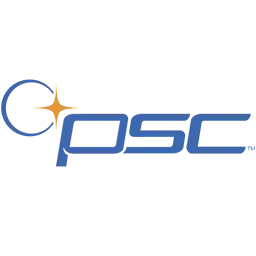

|
|
|
|
 #3
#3
|
Willkommenspaket 300% bis zu 2000 CHF + 250fs + 1 bonus crab
MalinaCasino/ Bezahlmethoden









|
|
|
|
 #4
#4
|
Willkommenspaket bis zu €1300 erhalten + 275fs
YoyoSpins/ Bezahlmethoden












|
CODE:
WELCOMEYO1
Copied!
|
|
|
 #5
#5
|
100% bis zu 550 CHF erhalten + 200fs
Boomerang Bet/ Bezahlmethoden








|
|
|
|
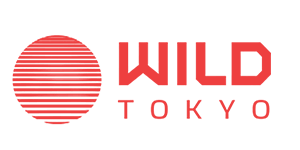 #6
#6
|
Willkommenspaket 250% bis zu 2800 CHF erhalten + 250fs
WildTokyo/ Bezahlmethoden













|
|
|
|
 #7
#7
|
250% bis zu 3300 CHF erhalten + 350fs + 1 bonus crab
Divaspin/ Bezahlmethoden









|
|
|
|
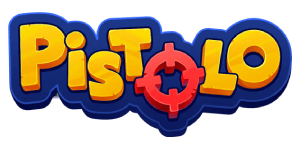 #8
#8
|
100% bis zu 550 CHF erhalten + 200fs + 1 bonus crab
Pistolo/ Bezahlmethoden












|
|
|
|
 #9
#9
|
100% bis zu 550 CHF erhalten + 200fs + 1 bonus crab
Spinbara/ Bezahlmethoden













|
|
|
|
 #10
#10
|
Willkommenspaket 250% bis zu 2750 CHF erhalten + 250fs
Spinational/ Bezahlmethoden












|
|
|
|
 #11
#11
|
Exklusiver Bonus: 100% bis zu €2000 erhalten + 250fs + 1 bonus crab
NEON54/ Bezahlmethoden












|
|
|
|
 #12
#12
|
Willkommenspaket 275% bis zu 8250 CHF erhalten + 225fs + 1 bonus crab
RichRoyal/ Bezahlmethoden








|
|
|







